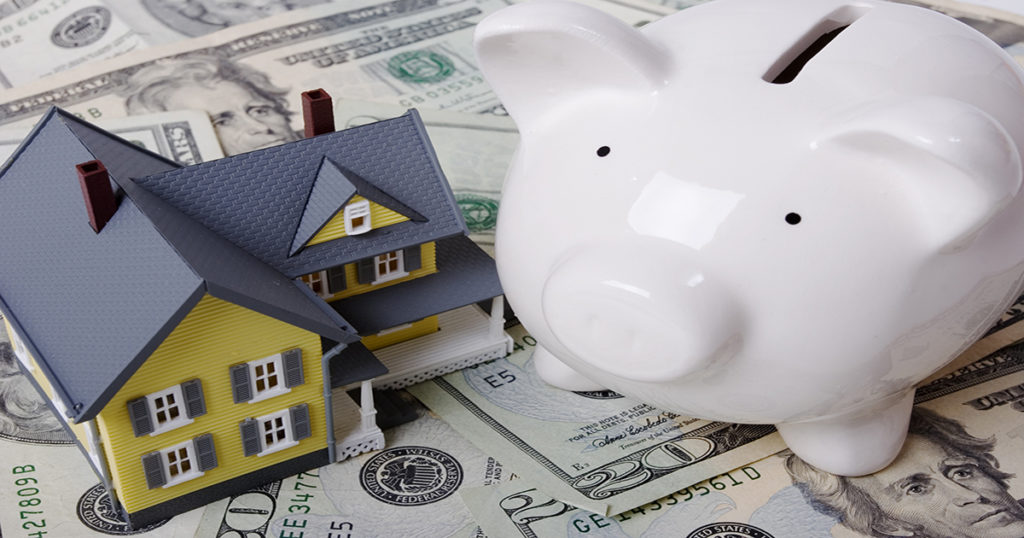Escrow Defined
Escrow is a legal arrangement in which a third party temporarily holds money or property until a particular condition has been met (such as the fulfillment of a purchase agreement).
Who Is Involved with Escrow?
There is a litany of people who are involved when it comes to escrow. First, there is the home buyer, or purchaser, along with the homeowner, or seller. Mortgage lenders are the financial institutions that loan the money for buying the home. Mortgage servicers are the companies that send out monthly mortgage statements and manage the day-to-day communication about your loan.
The final groups involved in the escrow process are the actual escrow companies and agents. According to Rocket Mortgage, “In a real estate transaction, an escrow agent is a neutral third-party entity who holds onto the funds and assets related to the transaction until both parties have satisfied their contractual obligations and the sale can be closed on.”
Differentiating Between Escrow for Home Purchase vs. Escrow for Taxes and Insurance
When it comes to escrow there are essentially two situations for its use. One is when there is a home purchase underway. You may even hear the phrase that the “home is in escrow.” Buyers will often pay “good faith” money or what is known as earnest money to secure the home sale.
This amount goes into an account set up (usually by the lender) as a holding place for the funds until the sale of the home is complete. If for some reason there is an issue with the appraisal, a major repair is needed, or the home inspection reveals a problem, the buyer may walk away and retain his/her earnest money. On the other hand, during the period before closing, if all goes well, the escrow money is usually applied to the purchaser’s down payment.
Once the purchasers take possession of the home, it is common for an escrow account to remain as a place (still held by the lender) to manage the home’s property taxes and insurance. These categories are typically a part of most mortgage payments and will likely be rolled into one lump sum with the monthly total loan payment. Think of the escrow account much like a savings account. Money accumulates there and is readily available when the bill comes due.
As taxes and insurance amounts regularly fluctuate, the lender will project escrow payments for the upcoming year based on the future target amount. Year after year, most mortgage payments ebb and flow based on the rise and fall of property tax rates and insurance premiums. Essentially, homeowners pay a certain amount each month toward their taxes and insurance, the lender holds these payments in an account until the tax and insurance bill is due, the lender sends one annual payment, and your escrow resets for the next year.
How Does Escrow Offer Protection?
You may be wondering, “What’s the big deal with escrow?” So many people and processes are involved! Why? Simply put, escrow offers protection. An escrow is a financial and legal agreement designed to protect Buyers and Sellers in a transaction. For a fee, an independent third party holds payment until everyone fulfills their responsibilities in the transaction.
If you’re obtaining a conventional mortgage, an escrow account likely won’t be optional if you’re making a down payment of less than 20 percent. FHA loans and USDA loans require escrow accounts, but VA loans do not. In the case of an escrow waiver, be sure to fully understand all of the risks involved.




